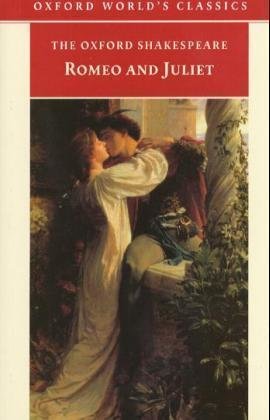The Oxford Shakespeare offers authoritative texts from leading scholars in editions designed to interpret and illuminate the plays for modern readers
_ a new, modern-spelling text, collated and edited from all existing printings
_ on-page commentary and notes explain meaning, staging, allusions, and much else
_ detailed introduction considers composition, sources, performances, and changing critical attitudes to the play
_ illustrated with production photographs and related art
_ full index to introduction and commentary
_ durable sewn binding for lasting use
not simply a better text but a new conception of Shakespeare. This is a major achievement of twentieth- century scholarship. Times Literary Supplement
ABOUT THE SERIES: For over 100 years Oxford World's Classics has made available the widest range of literature from around the globe. Each affordable volume reflects Oxford's commitment to scholarship, providing the most accurate text plus a wealth of other valuable features, including expert introductions by leading authorities, helpful notes to clarify the text, up-to-date bibliographies for further study, and much more.



